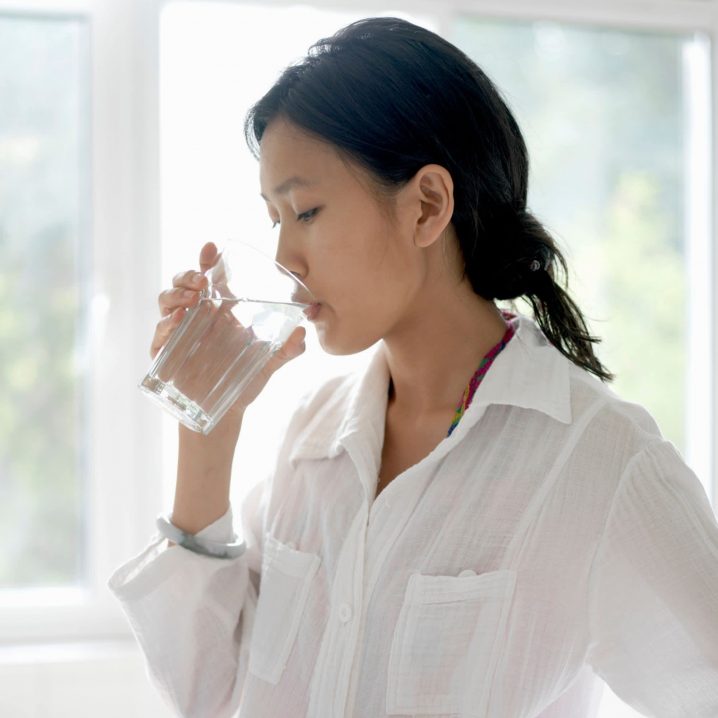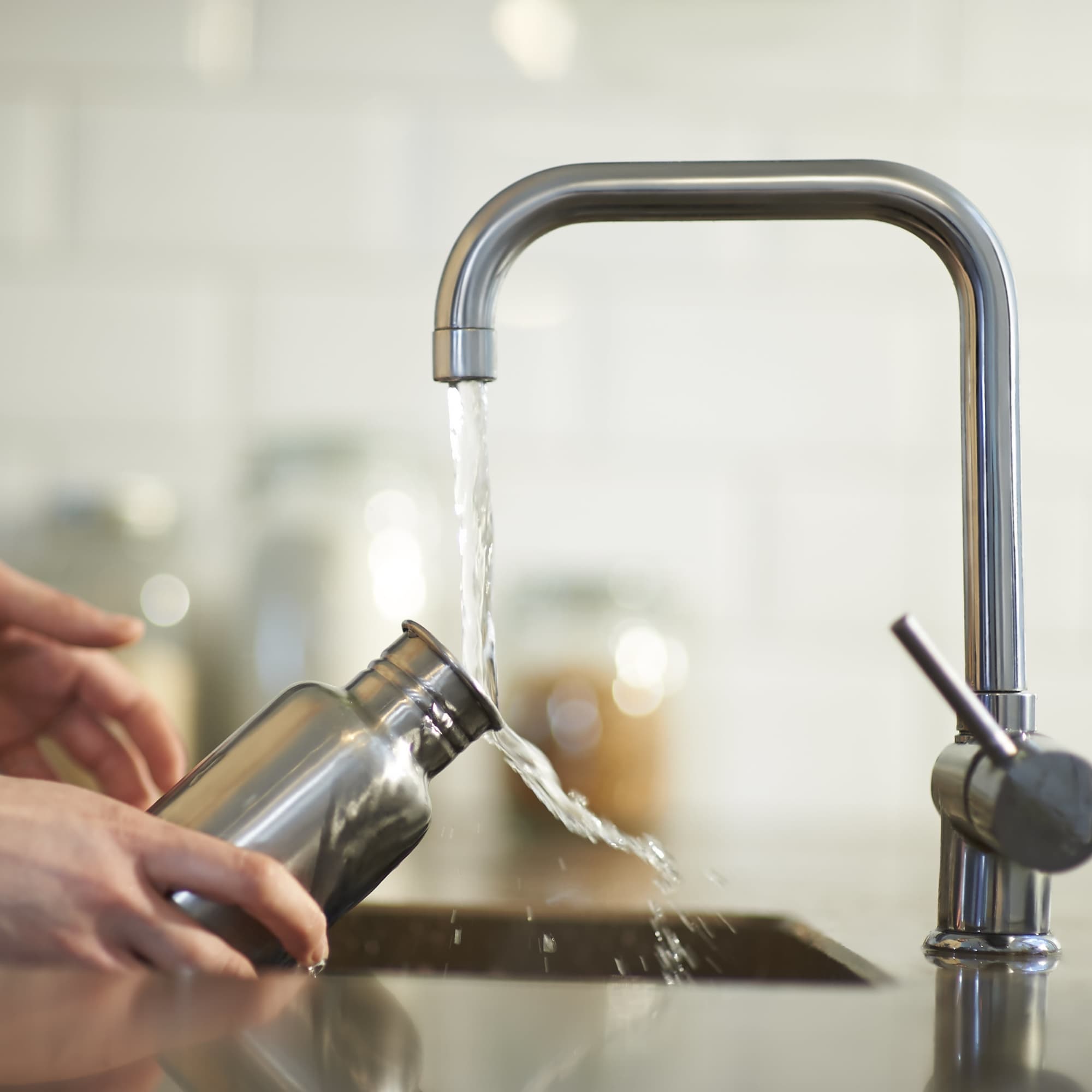
- POPSUGAR Australia
- Fitness
- The Reason You Don’t Feel As Thirsty In Cold Weather Actually Makes a Lot of Sense
The Reason You Don’t Feel As Thirsty In Cold Weather Actually Makes a Lot of Sense

A cold snap has well and truly landed in many parts of Australia which means it’s time to dig out your hoodies and Ugg boots. While autumn and winter offers a chance for you to hibernate for a few months — which can be a restorative experience — it also poses another problem, one which I recently encountered.
While working from home on one of the first cold days of the season, I realised that I had barely consumed any water, despite it being after midday at that point. Normally, I would have drunk quite a few glasses by that time of day but the cold wasn’t making me feel thirsty. So I wondered, why is that?
“During the winter months, sweat evaporates more rapidly in the cold, dry air, and that can result in dehydration,” Dr Drew Koch wrote for the Ithaca Journal. “Without the sweat, we’re tricked into thinking we aren’t losing fluids as rapidly as during a hot, summer day. Cooler temperature can also reduce the body’s thirst response. When exercising in cold weather, you may be less likely to drink water voluntarily.”
Basically, your body stops feeling thirsty, which makes total sense. The days I spend working in the office, where it is significantly warmer, I find I tend to consume much more water.
While you might not feel as thirsty when it’s cold, you are actually still at risk of dehydration. According to Dr Koch, wearing heavy winter clothes adds weight to your body, which helps conserve heat but also means your body is working harder and produces more sweat that ultimately contributes to fluid loss.
“In cold weather, we lose more fluids through respiratory water loss than on warm days,” wrote Dr Koch. “When you can see your breath in the cold air, that’s actually water vapour that your body is losing. The colder the temperature and the more intense the exercise, the more vapour you lose when you breathe.”
You also don’t tend to crave water in winter that way you do when it’s summer, so you’re much less inclined to continually sip from your drink bottle as a result. The addition of indoor heating can also add to dehydration, so it’s important to keep an eye on any potential symptoms, which can include headaches, dry mouth, dizziness, lack of energy and a decrease in trips to the bathroom. Monitor the colour of your urine as well, as if it’s dark in colour, you definitely need to be consuming more fluids.
While it definitely feels more like a chore in winter, drinking water during this season is just as important as it is in summer. Take this as your reminder to go and fill up your water bottle!


